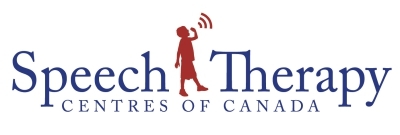Help Child Develop Language.
When fostering communication for young children whose language skills are just emerging, parents or caregivers are often trained by speech-language pathologists as the primary agents of intervention.
Why is this?
Many of the language strategies taught to young children are easy to learn and can be incorporated into daily routines that the parent and child participate in together. For example, one early language facilitation strategy involves expanding on a child’s current vocabulary. This means that if your child says “car”, the parent will expand and respond by adding and modeling more language such as “blue car.” Strategies like this are best used during natural interactions between parents and their children and can be easily used in routines such as during playtime, bath time, and while taking a walk.
By using these strategies on a regular basis, children will receive consistent, frequent, rich language input from their primary caregivers in their natural environments. This results in greater generalization of skills (using skills learned in many different situations). For example, if a child hears his mom model the word “dog” when he sees a dog on tv when he is playing with his toy dog, and when he sees a dog in the park, the child begins to learn that the word “dog” can be used to refer to many different dogs, not just one specific dog.
Parents and caregivers also develop a greater understanding of language development and how to provide the best forms of play and interaction of which their child can take advantage. They can share this knowledge with other household members (e.g older siblings, grandparents) or caregivers who interact frequently with their child.
Many parents may already be using these strategies to some degree and just need some direction to use them more intentionally in their daily routines. For example, parents can be directed to use appropriate target words and properly set up the interaction to promote their child’s communication.
Setting aside time to practice these strategies with your child can result in valuable time spent with one another, and a greater understanding of your child’s communicative abilities, which can result in increased opportunities for language facilitation.
Written by: Emily Dykstra, speech-language pathologist, The Speech Therapy Centres of Canada Ltd.
Talk to us if you are worried
Check out the children’s speech and language milestone chart to understand your child’s communication better.
Help Child Develop Language

